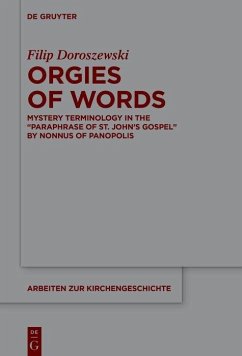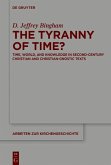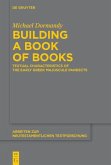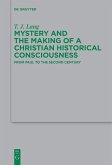Doroszewski successfully challenges the once predominant view that the mystery terminology in the poem is nothing more than rhetorical ornament. He convincingly argues for an important exegetical role Nonnus gives to the mystery terms. On the one hand, they refer to the Mystery of Christ. Jesus introduces his followers into the new dimension of life and worship that enables them to commune with God. This is portrayed as falling into Bacchic frenzy and being initiated into secret rites. On the other hand, the terminology has a polemical function, too, as Nonnus uses it to present the Judaic cult as bearing the hallmarks of pagan mysteries.
As the book discusses the Paraphrasis against the background of the mystery metaphor development in antiquity, it serves as an excellent introduction to this key feature of the ancient mentality and will appeal to all interested in the culture of Imperial times, especially in Early Christianity, Patristics, Neoplatonism and Late Antique poetry.
Filip Doroszewski, Cardinal Stefan Wyszy?ski University in Warsaw, Poland.
Dieser Download kann aus rechtlichen Gründen nur mit Rechnungsadresse in A, B, BG, CY, CZ, D, DK, EW, E, FIN, F, GR, HR, H, IRL, I, LT, L, LR, M, NL, PL, P, R, S, SLO, SK ausgeliefert werden.









